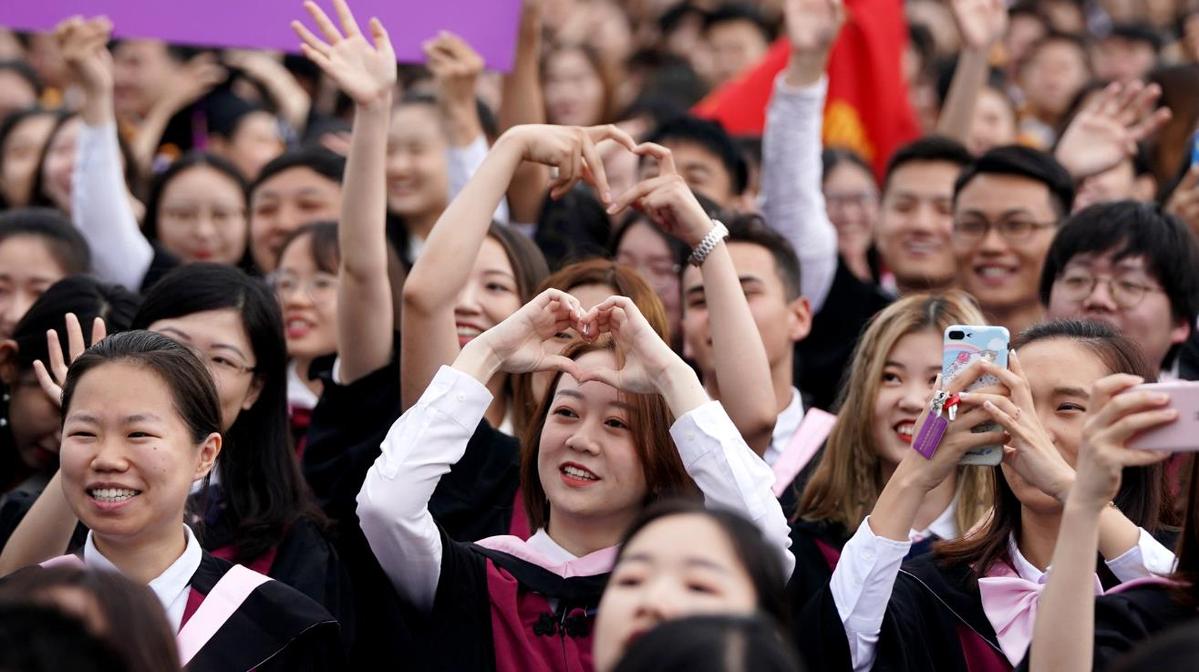Chinese universities broaden international outlook


Strategy is helping institutions achieve better rankings at home and abroad
A veteran of such US universities as the University of Chicago and Yale University has become the first foreigner appointed by a Beijing university to a management position since the reform and opening-up policy was launched in 1978.
David Zupko was recently appointed deputy director of Tsinghua University's global cooperation and communication office after working at different universities in the United States for more than 20 years.
Zupko has been hired to help implement Tsinghua's globalization strategy and will lead a team of teachers to make the university as international as possible, with the target of ensuring that international students and scholars do not encounter language or cultural barriers at the university as of next year, Beijing Youth Daily reported.
Zupko was quoted as saying a world-class university should be inclusive of different cultures, which was key to Tsinghua hiring him.
He illustrates the university's continued internationalization efforts. This strategy at many universities on the Chinese mainland has helped them to achieve better standings globally, as internationalization is an important factor in university rankings.
In the latest QS World University Rankings published by higher education analyst QS Quacquarelli Symonds in London, six mainland universities made it into the world's top 100.
Tsinghua is China's highest-ranked university on the list, rising from 17th place last year to 16th. Peking University rose eight places to 22nd, with both achieving the best rankings since the list was first published in 2004.
Fudan University in Shanghai ranked third among mainland universities, up four places year-on-year and 31 places since 2015. Zhejiang University's rankings rose 14 places to 54th.
QS ranked 1,000 universities from 82 countries and regions. They are measured on academic standing, graduate employability, student-to-staff ratio, research impact and internationalization.
In his speech to celebrate Tsinghua's 108th anniversary, Qiu Yong, the institution's president, said it is embracing the vision of being a global university, as well as promoting and representing the development of higher education in China.
The university continues to further implement its global strategy, which strives to enhance the competence of its students worldwide, conduct high-end research for the benefit of both China and the world, promote international exchanges and cooperation, and strengthen its global impact, he said.
A more open Tsinghua will embrace the world, and the university has signed cooperation agreements with 285 universities and research institutes in 50 countries, Qiu added.
























